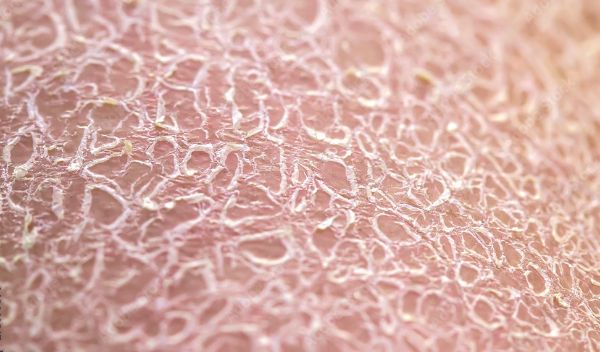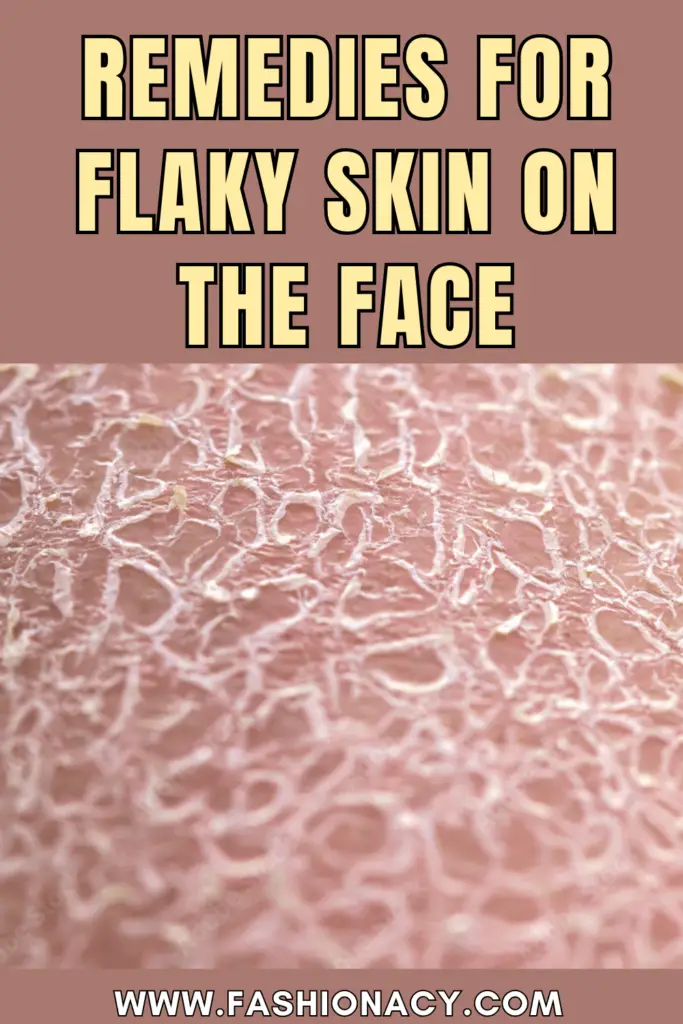
Flaky skin on the face can be a common and bothersome issue that many individuals encounter. Whether it’s due to harsh weather conditions, improper skincare routines, or underlying skin conditions, flakiness can affect the complexion and lead to discomfort.
Fortunately, there are various remedies and practices that can help restore moisture, balance, and vitality to the skin, leaving you with a radiant and healthy complexion.
- Understanding the Causes
- Before delving into remedies, it’s crucial to understand the potential causes of flaky skin. Common culprits include dry air, harsh weather, excessive sun exposure, improper skincare routines, and certain skin conditions such as eczema or psoriasis. Identifying the root cause can guide you in selecting the most effective remedies.
- Hydration is Key
- One of the primary reasons for flaky skin is dehydration. Adequate hydration is essential for maintaining skin health. Drinking enough water throughout the day helps keep the skin hydrated from the inside out. Additionally, using a hydrating moisturizer with ingredients like hyaluronic acid can lock in moisture and prevent flakiness.
- Gentle Cleansing
- Harsh cleansers can strip the skin of its natural oils, leading to dryness and flakiness. Opt for a mild, hydrating cleanser that cleanses the skin without compromising its natural moisture barrier. Cleansing should be a gentle process, especially for those with sensitive or flaky skin.
- Exfoliation for Renewal
- Regular exfoliation is crucial for removing dead skin cells that contribute to flakiness. Choose a gentle exfoliator with ingredients like alpha hydroxy acids (AHAs) or beta hydroxy acids (BHAs) to promote cell turnover. However, be cautious not to over-exfoliate, as this can worsen flakiness.
- Introduce a Humidifier
- Dry indoor air can exacerbate flaky skin, especially during the winter months. Using a humidifier in your living or bedroom adds moisture to the air, preventing excessive dryness and flakiness. This is particularly beneficial for those living in arid climates.
- Nourish from Within
- A well-balanced diet rich in vitamins and antioxidants can contribute to healthy skin. Incorporate foods high in omega-3 fatty acids, such as salmon and flaxseeds, as they help maintain skin elasticity and hydration. Vitamins A, C, and E are also essential for skin health.
- Sun Protection
- Unprotected sun exposure can damage the skin and contribute to flakiness. Always use a broad-spectrum sunscreen with at least SPF 30, even on cloudy days. Sunscreen not only prevents sunburn but also protects the skin from premature aging and dehydration.
- Topical Treatments
- Consider using topical treatments that specifically target flakiness. Products containing ingredients like ceramides, glycerin, and shea butter can help restore the skin’s natural moisture balance. Additionally, creams with anti-inflammatory properties, such as aloe vera or chamomile, can soothe irritated skin.
- Consult a Dermatologist
- If flakiness persists despite trying various remedies, it’s advisable to consult a dermatologist. Underlying skin conditions may require professional attention and targeted treatments.
7 Reasons Why Your Skin Is Flaky & How To Fix It
Conclusion
Flaky skin on the face is a common concern, but with the right remedies and practices, it can be effectively addressed. Consistent hydration, gentle skincare routines, and protective measures against environmental factors can contribute to a healthier and more radiant complexion.
By understanding the causes and adopting a holistic approach to skincare, you can unveil the secrets to overcoming flaky skin and enjoying the glow of vibrant, well-nourished skin.



